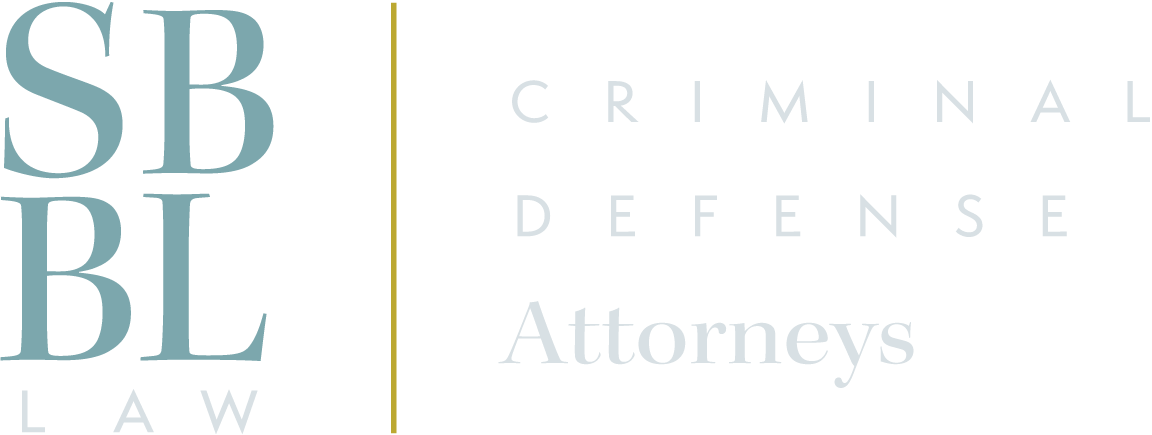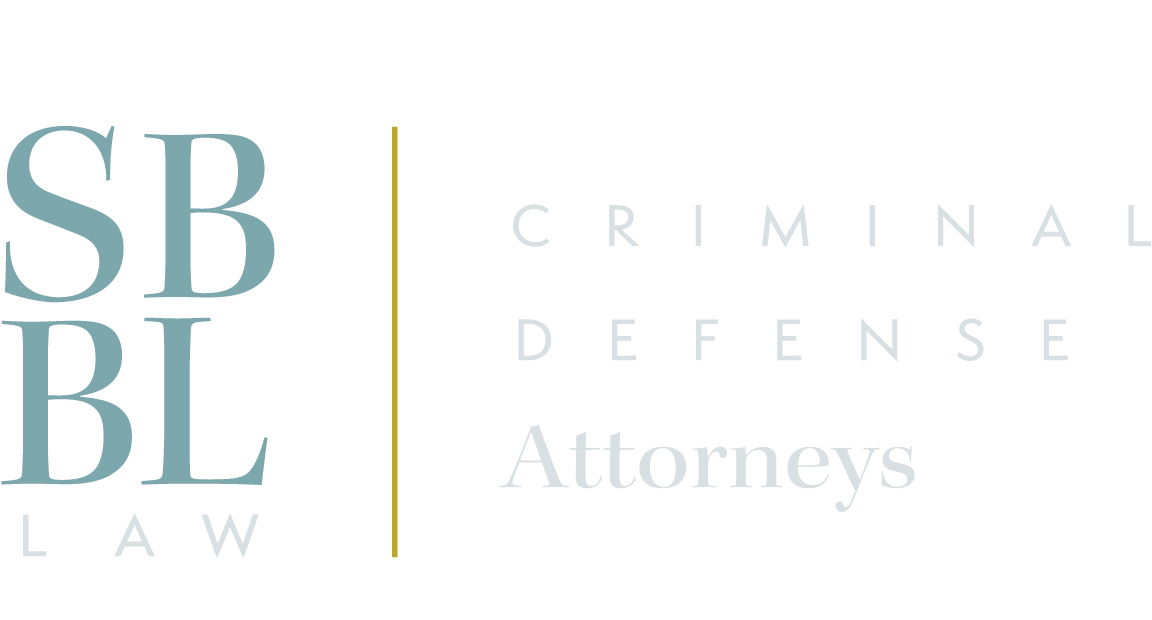How to Win a Title IX Case
Strategies to win a school sexual assault or sexual harassment case.
SBBL’s Title IX Practice Specialty Group
Over the past several years, SBBL Law has emerged as a premier law firm in the country for students and faculty dealing with Title IX investigations. Title IX (aka Title 9/Title Nine) is a federal law that governs how elementary schools, middle schools, and colleges throughout the United States must respond to allegations of sexual assault, sexual harassment, and sex-based discrimination among their students and staff members. There is a specific process each school must follow to protect the rights of everyone involved.
SBBL’s Title IX group serves as attorney advisors and advocates to students and faculty members who are either the victim or the person accused of sexual assault, sexual harassment, and sex-based discrimination. In a Title IX case, the person bringing the claim is called the “complainant” or “claimant,” and the person being accused is called the “respondent.”
Leveraging years of experience as a federal prosecutor, an Army JAG officer, and a criminal defense attorney, Tessa Muir leads SBBL’s Title IX practice group. She uses her knowledge of how investigations are put together to ensure the school’s investigation is as fair and unbiased as possible so the truth can be revealed, and so the participants receive all the procedural safeguards guaranteed to both complainants and respondents under Title IX.
The Three M Strategy
Tessa developed a method she calls the “Three M Strategy” to win Title IX cases by investigating and proving whether the opposing party’s version of the facts is less reliable because of issues related to (1) memory, (2) miscommunication, or (3) a motive to lie. In almost every Title IX case, both the complainant and respondent will argue that the other party is being untruthful. Proving why and how that is the case comes down to understanding when one or more of the Three Ms is at play:
that the other person is not correctly remembering what happened (due to the passage of time, a change in emotions, alcohol, darkness, etc.);
that the interaction was the result of a miscommunication (where, for example, one party believed the encounter was either forced or consensual based on the words, context, and body language of the other person); or
that the other party is lying to protect themselves or for ulterior motives.
Another critical component of a winning Title IX strategy is for the advisor to be as familiar as possible with the school’s Title IX and sexual harassment policy. Often, our team is more familiar with the school’s policies than the school is, even early on in the case. This expertise allows our attorneys to hold the school’s feet to the fire to ensure the administration is not jumping to conclusions or using bias to lead the process. Title IX requires many steps designed to protect both the complainant and respondent along the way by ensuring that both sides receive a full and fair investigation. Understanding all these steps and procedures is essential to ensuring the school respects the rights that complainants and respondents are entitled to under Title IX.
Using these strategies, Tessa and her team have won most Title IX cases they have worked on over the past several years. These cases involved complainants and respondents ranging from third graders to college grad students and faculty members nationwide.
Successful Title IX Cases
Female High School Victim
Our Title IX team represented a high school girl who was the victim of a sexually harassing social media post and video. Before SBBL came on board, the school took no action and closed the case, leaving the girl distraught about being forced to return to a school that did nothing to protect her from the people who harassed and humiliated her. Our team worked through a complex series of appeals to force the school to conduct a thorough investigation, resulting in disciplinary action against the students responsible—and closure for the student who endured the harassment.
Accused Third-Grader
Our Title IX team represented a third grader accused of sexually touching a girl under the table in his classroom. The investigator demonstrated bias throughout the process and unfamiliarity with the Title IX process, resulting in the investigator recommending that the student be found responsible for a violation despite multiple witness statements to the contrary. SBBL proved through conflicting evidence and testimony that the allegation was false, and the claim was dismissed.
College Students Accused
Our attorneys successfully represented several college students throughout the country accused of nonconsensual sexual encounters with other students in “dorm room hookup” type situations. By developing a deep understanding of what did and did not happen, we could prove that the allegations were false or exaggerated and that there were issues with memory, miscommunication, or a motive to lie. The accused students were able to clear their name from false allegations and continue to successful academic careers.
Collegiate Rape Victim
We represented a college student who was violently raped by a varsity athlete on campus. The university delayed the process, pushing the case under the rug to allow the accused student to graduate. SBBL pushed the case to a decision before the accused student graduated, where the decision-makers agreed that the student was sexually assaulted. The university initially found that although the assault occurred, the accused student was so close to graduating that he would not be expelled. Through an appeal, our team proved that doing so would violate Title IX, and the university expelled the respondent before graduation.
College Faculty Member
We represented a college faculty member who took a student under his wing as a mentee after she sought him out frequently for letters of recommendation and help with scholarships. She alleged that he sexually harassed and stalked her during their interactions. Through a lengthy process and hundreds of pages of documents, we proved that her allegations were non-sexual and did not meet the definition of any form of harassment or Title IX violation. The university agreed and found the faculty member not responsible for the allegations.
In these types of cases, and many like them, our Title IX team has been able to help students and faculty to a successful and fair outcome, even when they believed the process was against them from the start. We believe strongly that a thorough investigation is critical to ensuring that students and staff are not unjustly punished for something they did not do and, likewise, that they are not ignored when they have valid claims of sexual assault or harassment. Our team’s approach has been well received by the schools and colleges, and cultivating a positive relationship with the academic institutions throughout the process has led to outstanding results. When schools and colleges refuse to follow the process or the law, we escalate the issue to the superintendent, school board, college president, general counsel, governing board, or court for appropriate action and resolution.
Find An Advisor
If you are facing a Title IX issue as a student or faculty member—or if your child has been the victim or has been accused of sexual assault or sexual harassment at school—you need a professional advisor who will advocate on your behalf. Reach SBBL’s Title IX team by calling, emailing, or chatting with us online. We offer free consultations for anyone who needs our help.



